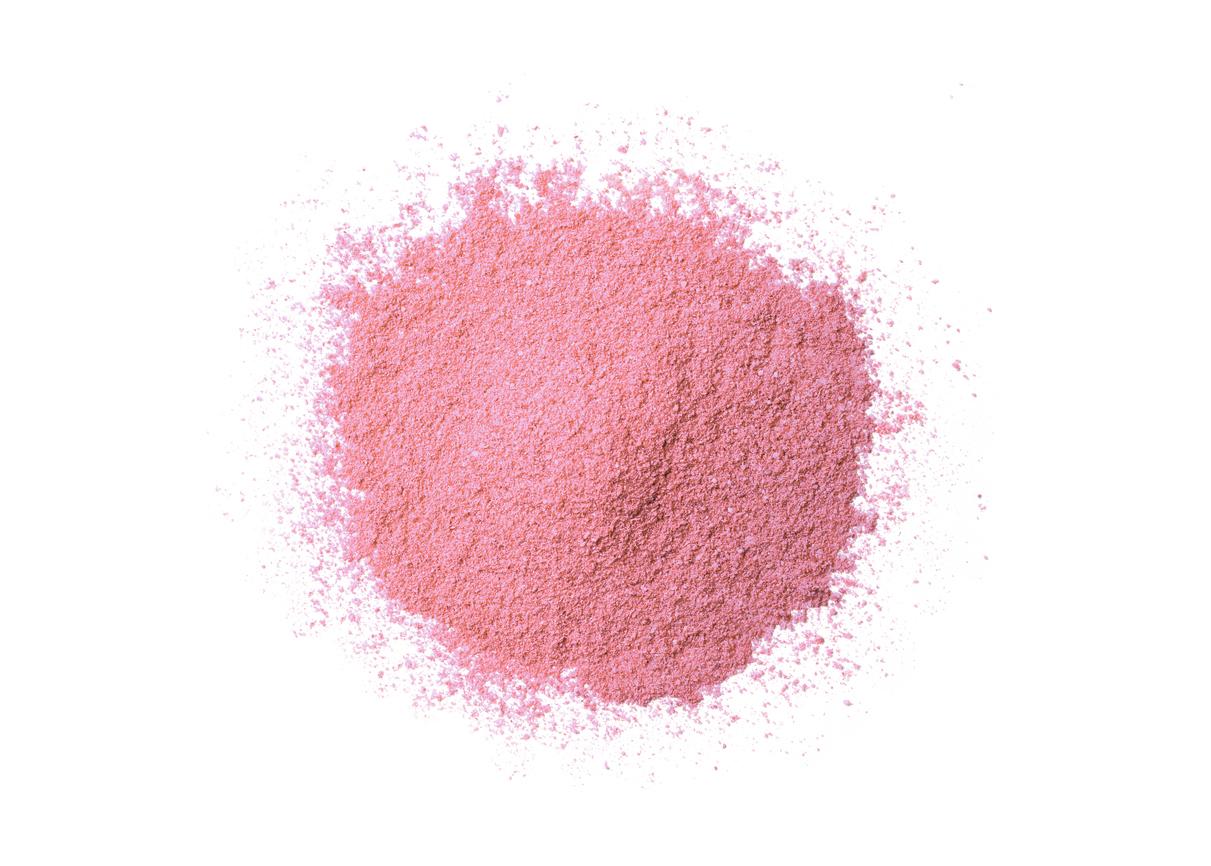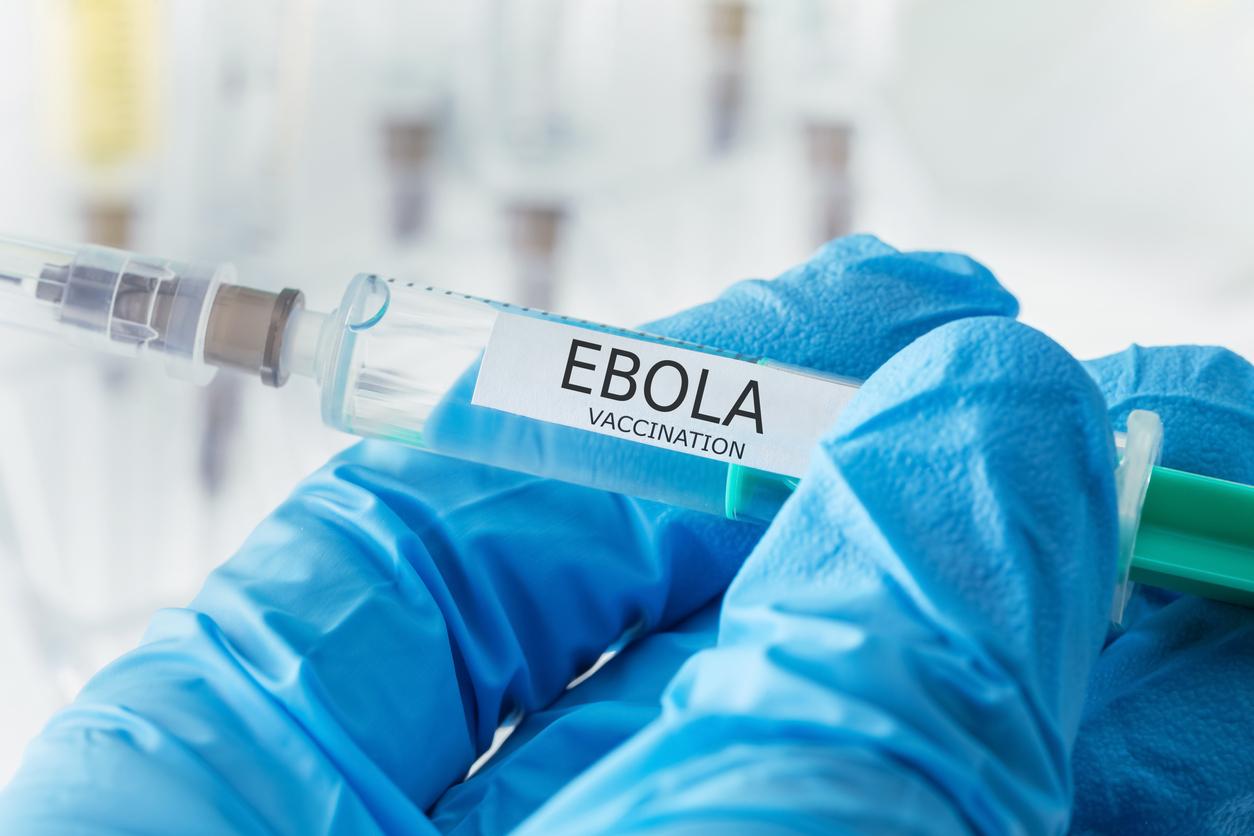The first encouraging results. Preliminary data from a clinical trial called JIKI conducted on 80 participants suggests the possibility of a effective antiviral therapy. This is the medicine used for the flu, favipiravir.
The trial, promoted by Inserm, funded by the European Commission and supported among others by Médecins sans frontières, gives “encouraging signs of effectiveness. [chez les malades] who arrive in healthcare centers with a high or medium level of viral replication and who have not yet developed too severe visceral lesions “, points out Inserm in a press release. Preliminary data suggests that treatment with favipiravir could reduce mortality in this population in the less advanced stage of the disease.
Started on December 17, 2014 in Guinea, the trial was carried out on exactly 69 adolescents or adults, and 11 children. It aimed to test the ability of the antiviral, well tolerated in adults against influenza, to reduce mortality against the Ebola virus. So far it had not been tested on humans. Only tests carried out in vitro and on mice had given positive results.
Continuation of the clinical trial
These first signs of efficacy in humans will therefore encourage researchers to continue their clinical trial. “It is too early to start using favipiravir outside of a clinical trial. Research on favipiravir, and other potential treatments for Ebola virus, must be continued and MSF is ready to play a role in these clinical trials “, explains Dr Bertrand Draguez, medical director at MSF.
The next step will consist in trying to treat patients with favipiravir “in whom the viral multiplication is controllable and who have not yet developed too severe visceral lesions”. And this as soon as possible after the onset of symptoms.
>> To read also: All about the Ebola virus
















